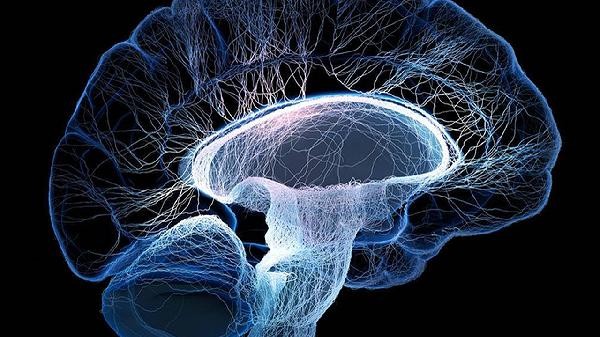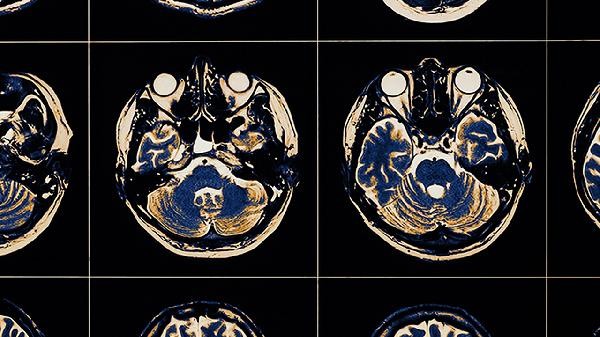The loss of sleep function in the brain usually requires drug therapy combined with behavioral intervention. Commonly used drugs include dexmedetomidine, zolpidem, agomelatine, mirtazapine, melatonin receptor agonists, etc. The loss of sleep function in the brain may be related to neurological abnormalities, mental illness, endocrine disorders, drug side effects, environmental factors, etc. It is necessary to use medication under the guidance of a doctor in a standardized manner.

1. Right zopiclone
Right zopiclone belongs to the non benzodiazepine sedative hypnotic class and is suitable for short-term treatment of sleep maintenance difficulties. This drug improves sleep quality by enhancing the inhibitory neurotransmitter effect in the central nervous system, but may cause adverse reactions such as dizziness and dry mouth. Individuals with severe liver dysfunction should use with caution, and long-term use should be cautious of dependence.
2. Zolpidem
Zolpidem is a short acting hypnotic drug that has a significant effect on difficulty falling asleep. It selectively binds to specific receptors in the brain, shortening the time to fall asleep but having a weaker effect on maintaining sleep. During use, alcohol consumption should be avoided, and elderly people should be aware of the risk of falls. Sudden discontinuation of medication may cause rebound insomnia.
3. Agomelatine
Agomelatine has both antidepressant and sleep rhythm regulating effects, and is suitable for chronic insomnia accompanied by depressive symptoms. As a melatonin receptor agonist, it can synchronize the biological clock and improve sleep structure. Regular monitoring of liver function is required during medication, and combination with potent CYP1A2 inhibitors is prohibited.

4. Mirtazapine
Mirtazapine produces a sedative effect by blocking specific neurotransmitter receptors, which is effective for stubborn insomnia accompanied by anxiety and depression. Common side effects include increased appetite and weight gain, which should be used with caution for diabetes patients. This medicine takes effect quickly but may cause daytime sleepiness.
5. Melatonin receptor agonists
Melatonin receptor agonists mimic the physiological effects of natural melatonin and are suitable for sleep disorders caused by circadian rhythm disorders. This type of medication can safely regulate the sleep wake cycle and is suitable for elderly people or shift workers. It needs to be taken at a fixed time to maintain the stability of the biological clock. Improving brain sleep function requires establishing a regular schedule, keeping the bedroom dark and quiet, and avoiding the use of electronic devices before bedtime. Moderate exercise during the day can help with nighttime sleep, but it is not advisable to engage in vigorous activity before bedtime. In terms of diet, it is advisable to consume foods rich in tryptophan such as millet and bananas in moderation, and avoid overeating at dinner or drinking caffeinated beverages. If insomnia persists for more than a month or is accompanied by emotional problems, it is necessary to seek medical attention promptly at a neurology or sleep specialist. Do not self medicate with sleeping pills for a long time.









Comments (0)
Leave a Comment
No comments yet
Be the first to share your thoughts!